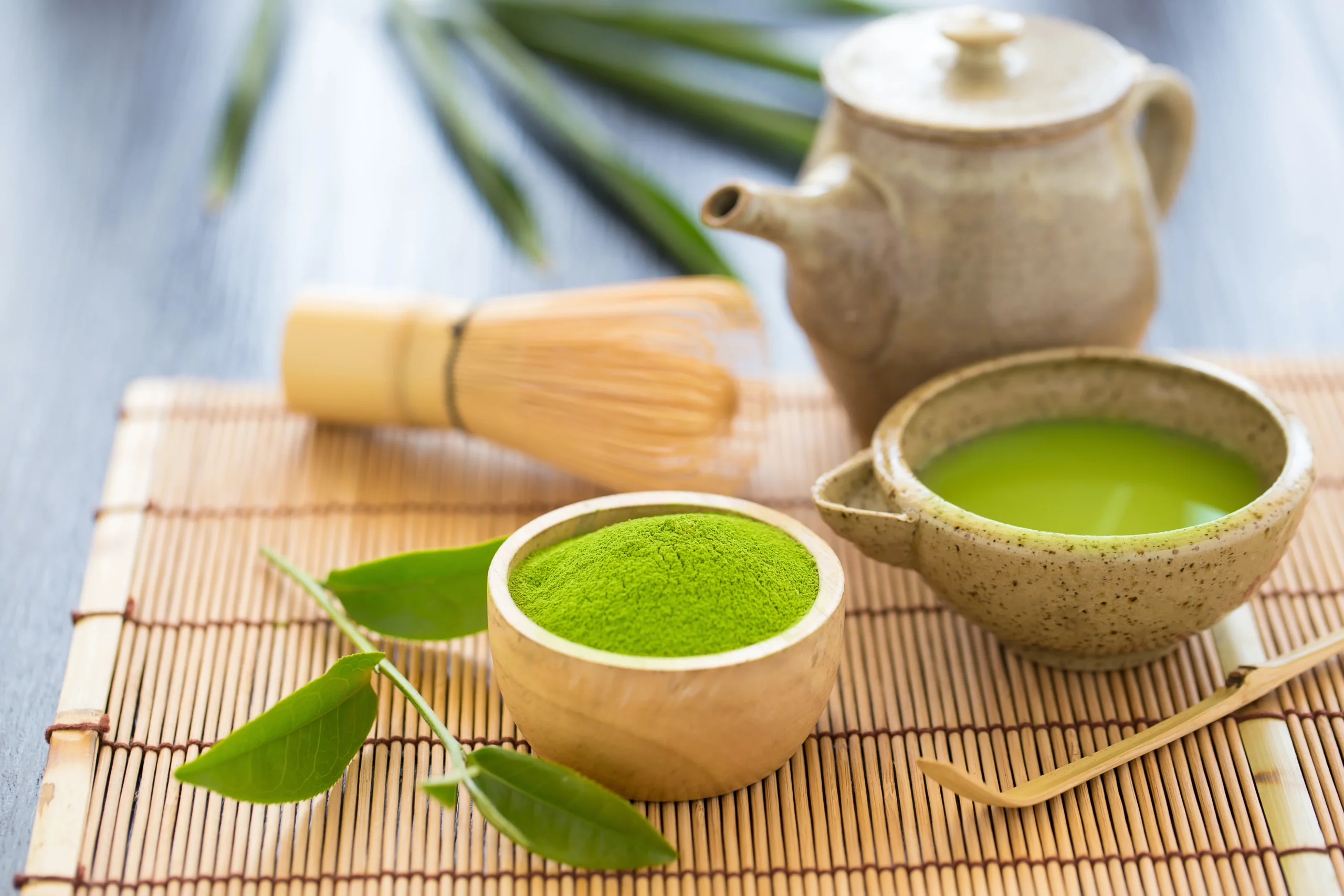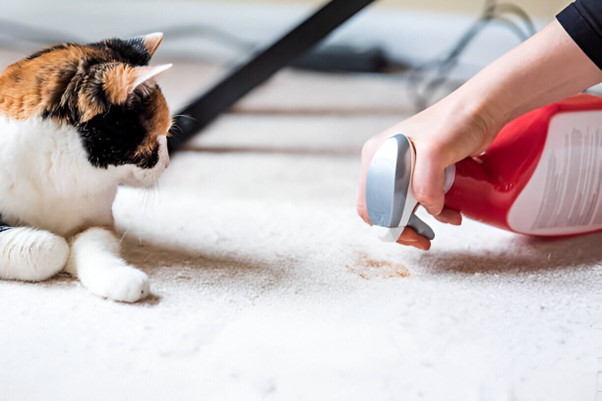Japanese green tea’s clear flavour profile, many health powers, as well as cultural importance have made it popular around the world. But it can be hard to navigate the world of Japanese green tea, especially for people who are new to this great brew. This article provides helpful insights to help you make better decisions alongside improving your tea-drinking experience by highlighting ten typical mistakes to avoid when buying Japanese green tea.
1. Overlooking Tea Origin and Authenticity
Always look for clear information about the tea’s origin on the package to avoid this. Seek out particular areas of Japan, like Shizuoka, Uji, or Kagoshima, that are well-known for their superior green teas. When it comes to the plantation or particular area in these regions where the tea was grown, authentic Japanese green teas frequently have extensive information. By being diligent about the tea’s root, you can support the traditional Japanese tea industry and be sure you’re getting a genuine product.
2. Ignoring Harvest Date and Freshness
Fresh Japanese green tea is the best; alongside a bad tea experience can result from ignoring the harvest date. Look for teas from the most recent harvest season when making your purchase. The first harvest usually takes place in springtime in Japan, from April to May, and is widely regarded as the best quality. A few weeks later, teas from this harvest are often on sale. Teas that are over a year old should not be purchased because their flavour and scent may have greatly faded.
3. Neglecting Proper Storage Considerations
Investing in premium Japanese green tea is just one aspect of the equation; keeping it stored correctly is essential to preserving its quality. Purchasing tea without thinking about how you’ll store it at home is a common mistake. Strong fragrances, heat, light, and moisture can all affect Japanese green tea. Purchasing tea in bulk without the necessary storage space might cause the quality to deteriorate quickly. Also take into account the package’s size. Purchasing lesser quantities more regularly is generally preferable than larger ones that can spoil before you can use them.
4. Disregarding Seller Reputation and Expertise
When it comes to Japanese green tea, the seller’s experience and reputation are very important in guaranteeing that you will get a high-quality product. They might provide educational materials about Japanese tea in addition to being able to respond to inquiries concerning their goods. When making a purchase, do your homework and find vendors who have a reputation for offering premium Japanese teas. Even if they are subjective, customer reviews might reveal information about the dependability of the seller and the caliber of their offerings.
5. Overlooking Brewing Instructions
Even if it has nothing to do with the purchase, buying Japanese green tea and forgetting to take into account the brewing instructions can result in a disappointing finished product. Make sure you are aware of the brewing needs of any tea you are purchasing if it is a sort you are not acquainted with. This is especially crucial to take into account if your brewing supplies are limited, since many teas call for particular implements to be prepared to perfection.
6. Ignoring Personal Taste Preferences
Ignoring your individual taste preferences while purchasing Japanese green tea is a big mistake. While tasting a variety of teas is beneficial, making a purchase based only on price or popularity without taking your palate into account may leave you disappointed. Even if it is of a high grade, a robust, umami-rich Gyokuro might not be the ideal option if you prefer milder teas. In the same way, a delicate Sencha cannot live up to your expectations if you prefer strong flavors. Sample sizes and variety packs, which are frequently offered by retailers, can be a great opportunity to try out several varieties without having to buy in bulk.
7. Misunderstanding Organic and Certification Labels
Although certifications such as organic and others can serve as markers of sustainability and high quality, misinterpreting these labels might result in purchases that are not well-informed. Not all premium Japanese green teas are certified organic and superior flavour is not always assured by an organic label. Many of the traditional methods of growing tea that are used in Japan are naturally sustainable and may even adhere to organic principles without the need for certification. But don’t discount good teas because they don’t have these labels.
8. Failing to Consider Intended Use
Finally, a typical error is to buy tea without taking its intended usage into account. Likewise, high-quality Matcha or Sencha powder may work better in cooking or baking than whole-leaf teas if you’re interested in utilizing green tea for those purposes. Select a tea variety that is in line with your intended uses by thinking about how and when you intend to drink it. Using this method guarantees that you will receive the most use and enjoyment out of your purchase.
Conclusion:
Buying Japanese green tea may be a fulfilling experience that opens doors to a world of delectable flavors and a rich cultural tradition. Your appreciation of the best Japanese green tea bags will increase if you are aware of the subtle differences between various tea varieties, appropriate storage practices, and brewing processes. You may fully appreciate the subtle complexity and health benefits that premium Japanese green teas offer if you give them careful thought and make informed decisions. These considerations will help you, regardless of your level of experience with Japanese green tea, make the best decision possible.











